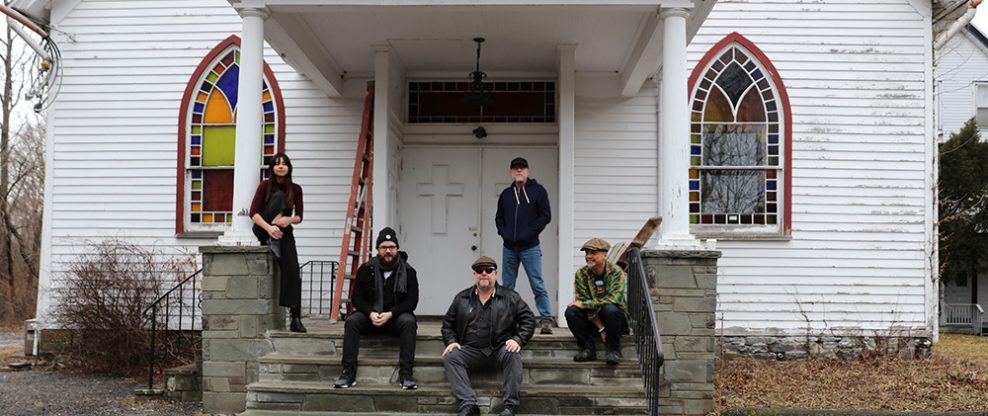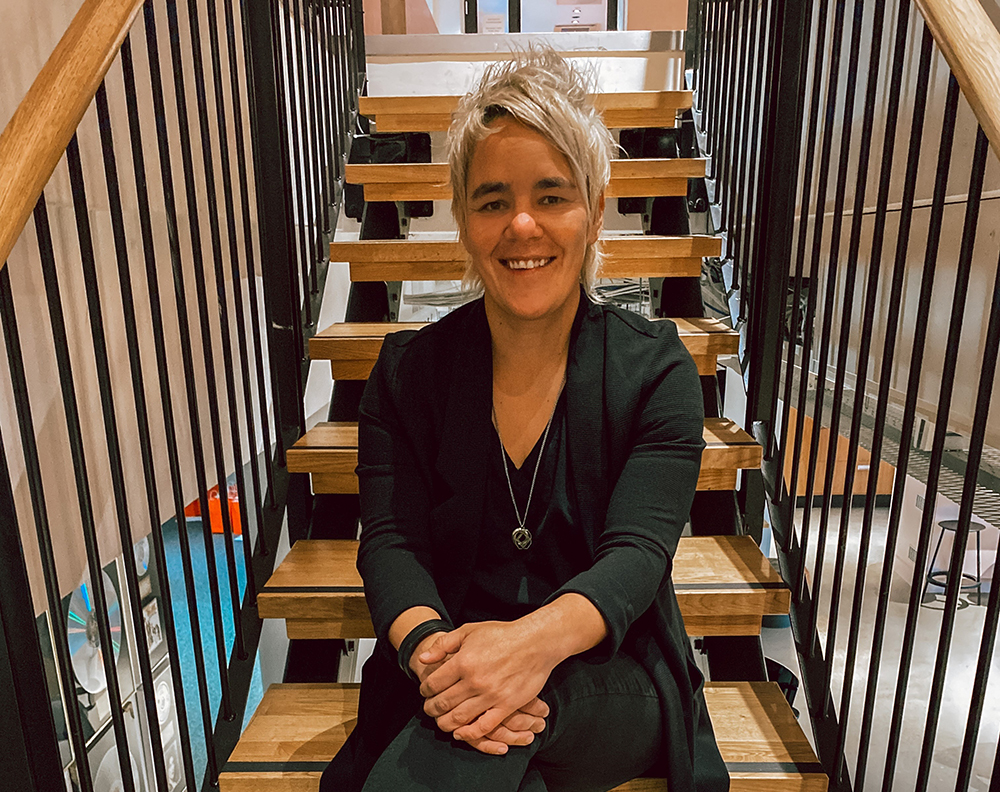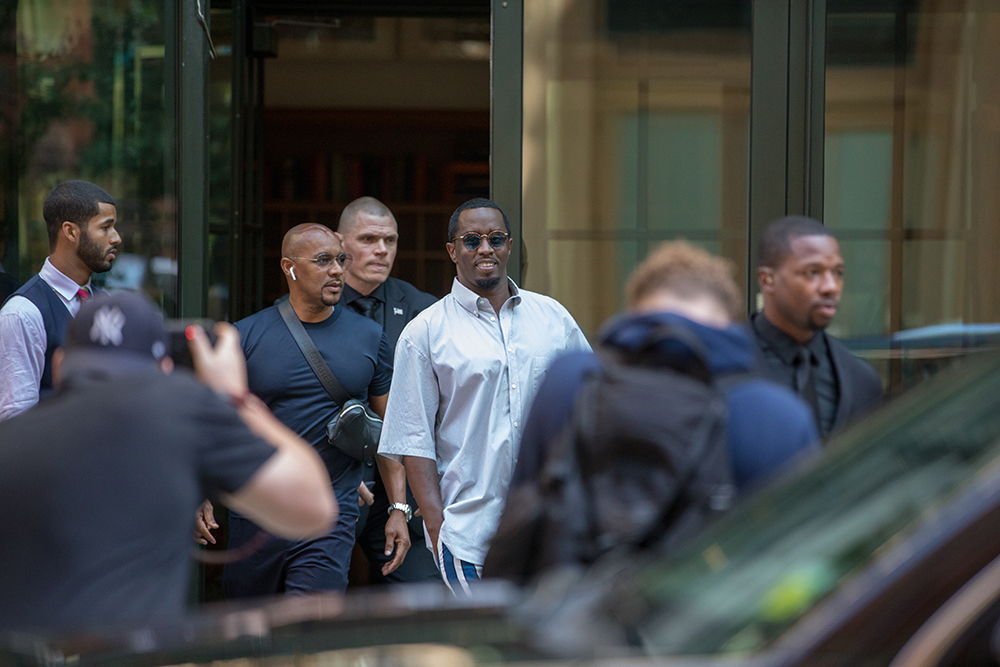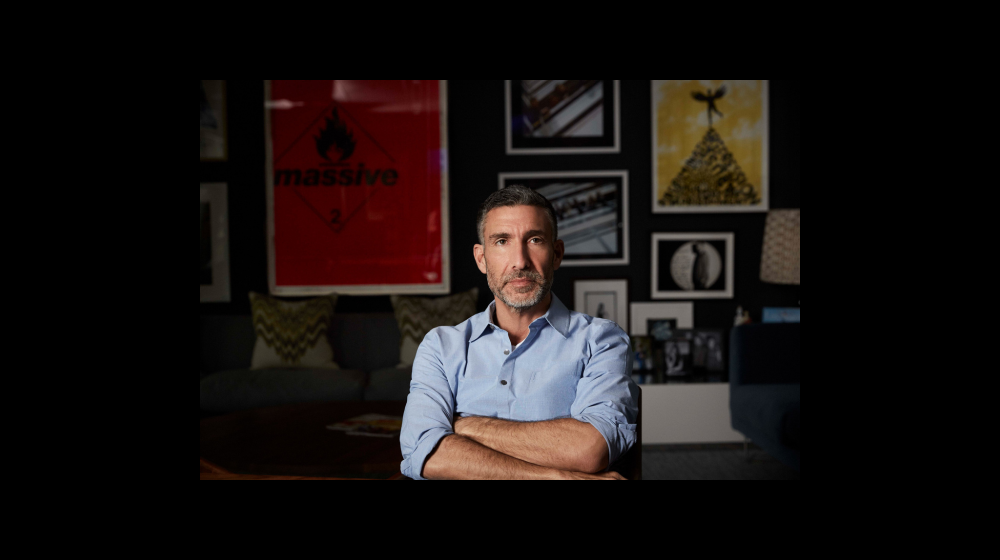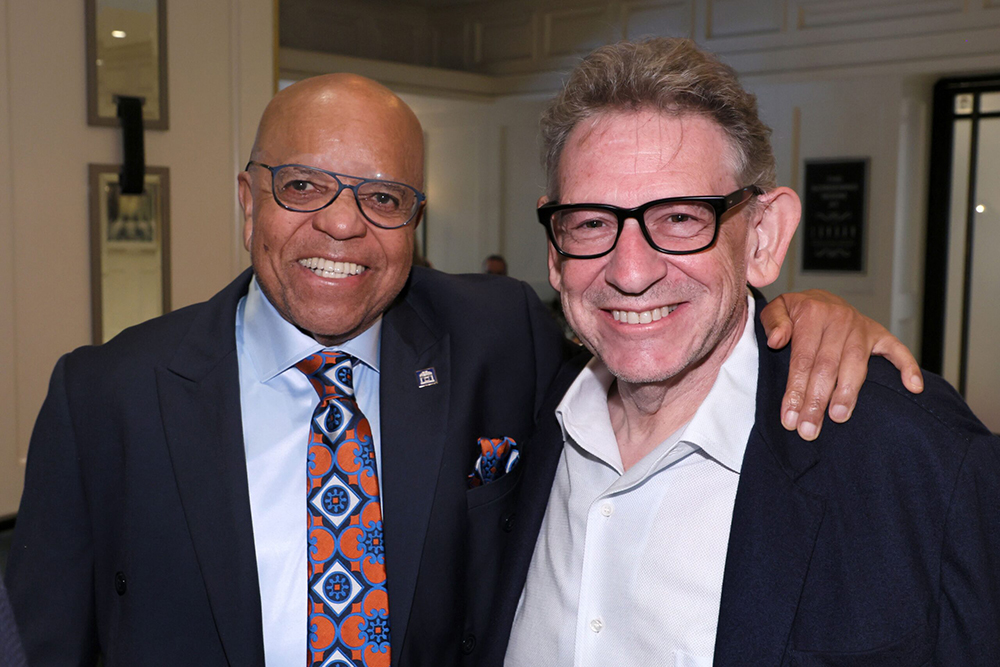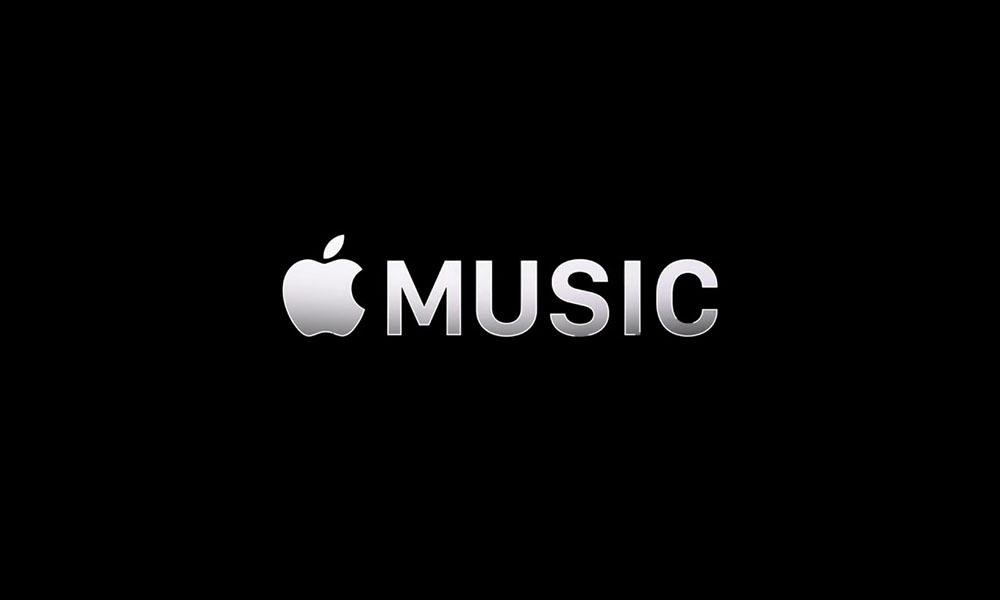(Hypebot) — Here we learn the process and motivation behind alt rock legends The Pixies’ decision to create a podcast surrounding the production of their 2019 album Beneath the Eyrie.
Guest post from Spotify for Artists
The alt-rock legends forged a deeper connection with fans when they documented the recording of Beneath the Eyrie.
While so many of today’s groundbreaking artists seem no farther than a click away, the Pixies are one of those groups that feels untouchable. After setting the mold for alternative rock in the late ’80s and breaking up in 1993, it was almost as if the band was subsumed into music’s DNA. And by the time they reunited in 2004, they’d simply become legends. But last year, fans were offered an unprecedented opportunity to enter the band’s world with It’s a Pixies Podcast, which documents the making of their 2019 album Beneath the Eyrie over the course of a month at a live-in studio in Upstate New York.
The project once again turned the Pixies into innovators—theirs was the first podcast documentary of an album-making that we’d heard. We’ve since seen the launch of Spotify original 21 Days with mxmtoon, which captures the creative process using a diary-style audio format. But the Pixies project was, and still is, one of a kind in terms of scope and ambition: the production team captured over 300 hours of material, according to Spotify for Podcasters. We spoke to Pixies manager Richard Jones to find out whether other artists should consider once again following in the Pixies’ footsteps.
Spotify for Artists: Tell us how this idea was born.
Richard Jones: The Pixies have a well-known, respected catalog that they can happily tour around the world for many, many years. But we’ve always found, like lots of artists of this generation, it takes a while for new music to be appreciated and enjoyed in the same way. So as we approached this record, I thought, “How can we enable people to engage with the music over a longer period of time, and therefore have more affinity with it and memories of it at various times of their lives, before the record actually came out, almost as if it was known to them already?”
In other words, you’re basically canonizing it ahead of time.
Yeah. I spent a long time looking at how our fans talk about the music in social interactions and fan groups—they were quite in depth in the way they analyze the music and discuss it, so I thought, “How about a podcast? Why don’t we record everything we do, and put it into sizable chunks that people can listen to a number of times over to forge their own relationship with the songs?” And at the same time, get a little bit of insight into the musicians, because the Pixies are known for their lack of public identity. So it was also allowing that for the first time.
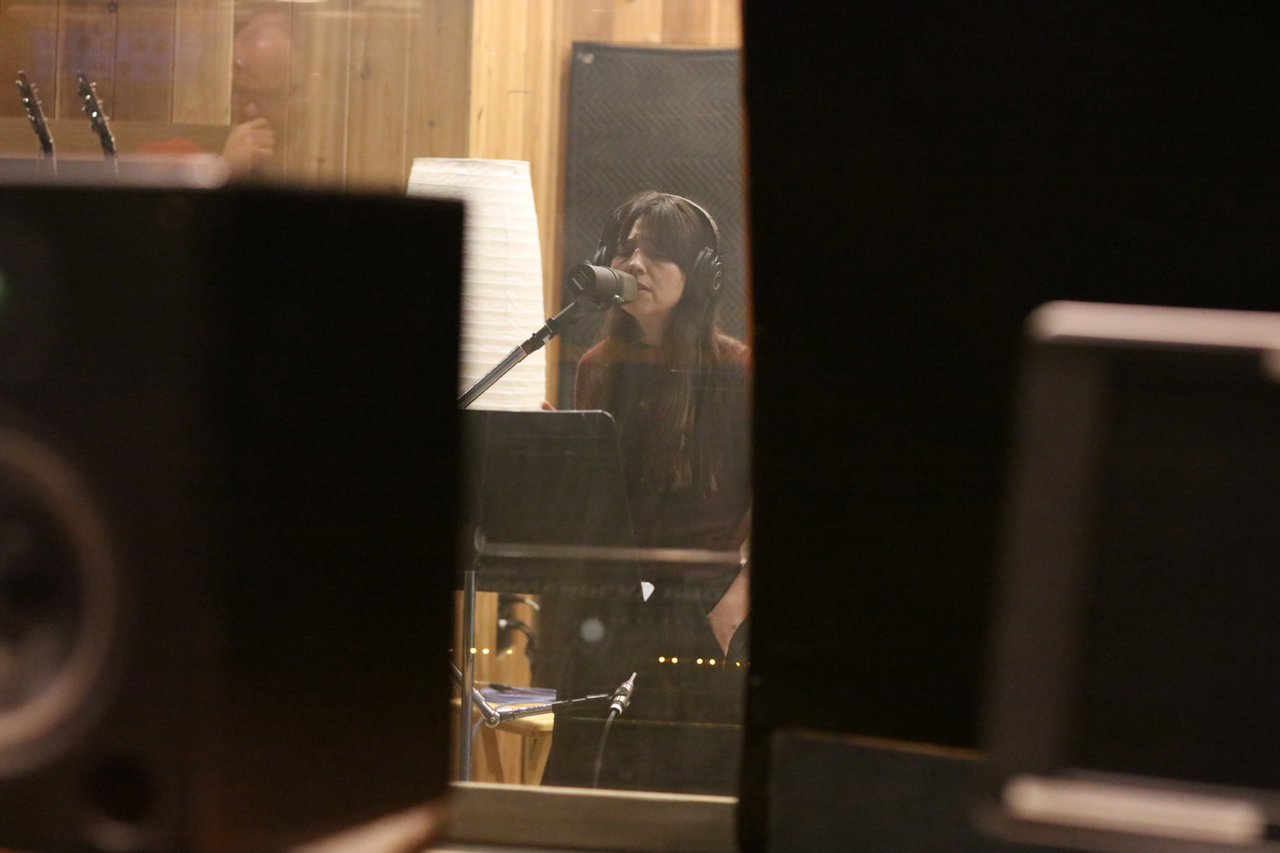
What about the idea that observing a thing changes it?
That fear was really alleviated by the way we did it—the microphones were just on all the time. We didn’t have people hovering around, or podcast producers in the studio. For the most part, I think the band forgot about it. And the good thing about working in a residential studio is, they’re all there all the time. Often during the recording process, you do things separately—people are working on their parts, going out for walks, or sitting around reading something. Tony could easily pop in, wander around, see who was free, and just say, “How are you doing today?” One of the real successes of this is that those conversations became quite natural.
Did the band have any qualms about this up front?
They totally embraced the idea, and that requires a lot of trust. They knew we weren’t going to make them look ridiculous, but we weren’t doing it through rose-colored spectacles either. It’s actually a very honest recording and recollection of what happened in the studio. A big part of the Pixies’ appeal is that they’re very blue-collar artists, so we weren’t trying to turn this into a reality TV show. We had to bring listeners in, take them on a journey, and engage them with the new music, while making sure we didn’t sensationalize the band or what they were doing.
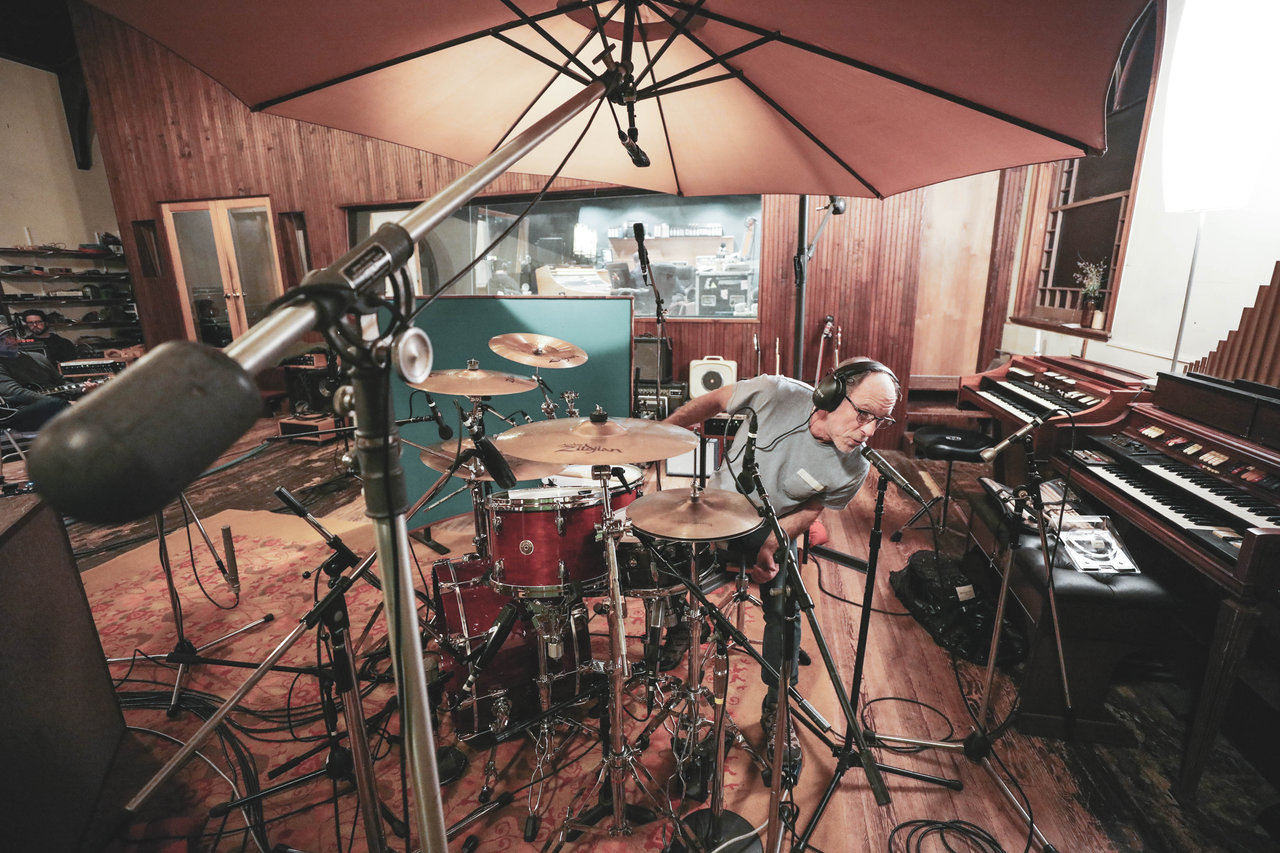
You’ve helped bands make albums, but what was it like transitioning to this form of audio storytelling? This thing is in service of the album, but also has to stand alone.
Right. When you make an album, ideally, you’re doing it for yourself. You come in, write the songs that come out, record them the way you do, and there it is. And, of course, this podcast isn’t that at all. End of the day, it’s a promotional tool for the album, but a pure promotional tool wouldn’t be very interesting. We knew we’d need to spend the vast majority of our time editing in order to have a group of narratives running through the series. I remember finding it very difficult to get the balance right when it came to sharing the history of the band without being patronizing to the fan, and revealing the details of the process without ruining the mystery.
So what kind of a response did you see from fans?
The superfans in the forums and Facebook groups absolutely adored it. They effervesced over everything, and literally dissected every episode. The casual fans really liked the idea of it and began to understand the band a bit more and forge a connection beyond the songs. We also had a non-fan interest—people who worked in studios or media or podcasts who were fascinated by the whole process. To be honest, we didn’t have any negativity about it at all.
And what happened when you took the new music on the road?
What tends to happen in the first month or so of touring is people know the focus tracks, while the rest gets a lesser reaction. This time they knew all the new songs way earlier. Watching rooms full of people react, there was a greater appreciation for and connection to this album than there was to the last two we did since the band reformed. So, yes, it actually worked!
—Chris Martins

